Maritime Law
Globalior
MARCH 26, 2020
Maritime Law Maritime law deals with the treaties, conventions, and laws related to nautical matters, especially private maritime business. Important Points: Maritime law deals with private maritime issues, offenses, disputes, and other similar matters. Originally, admiralty laws were specific to the Royal Navy.

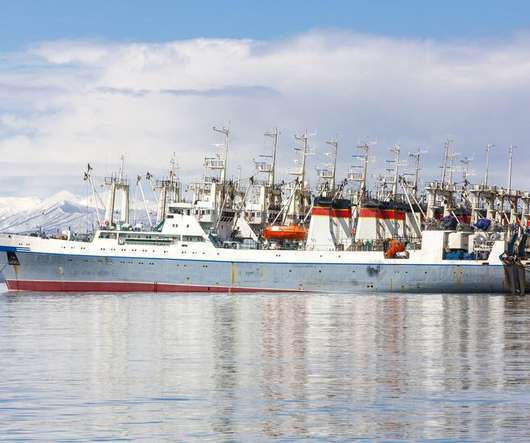
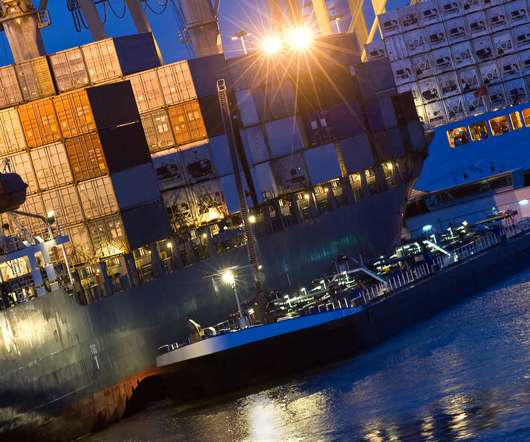
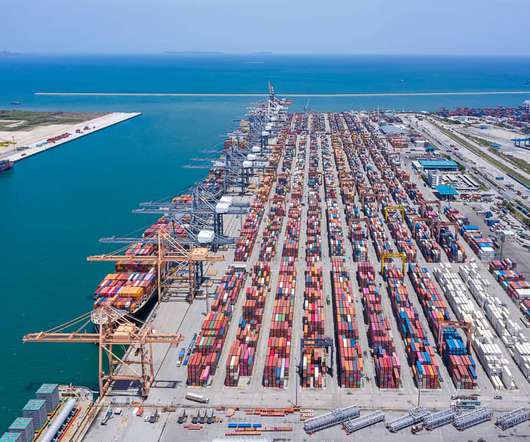
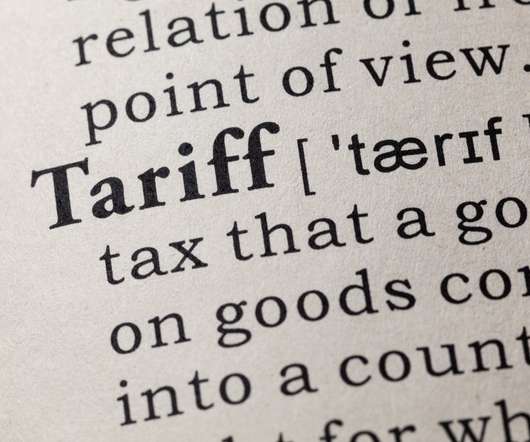

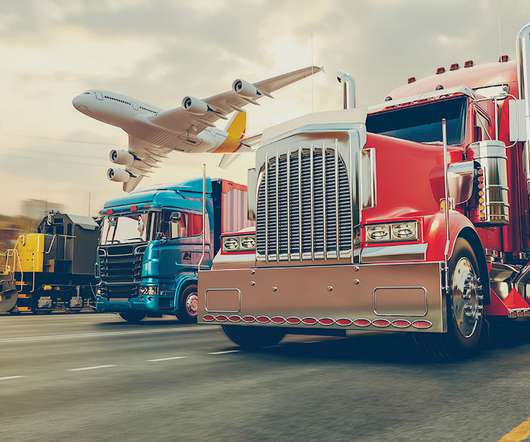
















Let's personalize your content